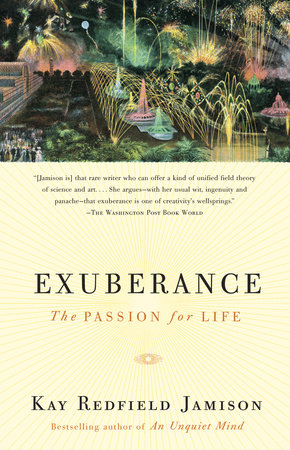QUOTE

Science without religion is lame, religion without science is blind.
Albert Einstein (1879–1955) was a Germany-born theoretical physicist who revolutionized scientific thought with new theories of space, time, mass, motion, and gravitation. A 1921 Nobel Prize winner and considered by many to be the greatest scientist of the twentieth century, Einstein also held a central belief in the need for humanity in science and in the application of reason and compassion to curb the dangerous excesses of human ambition.












